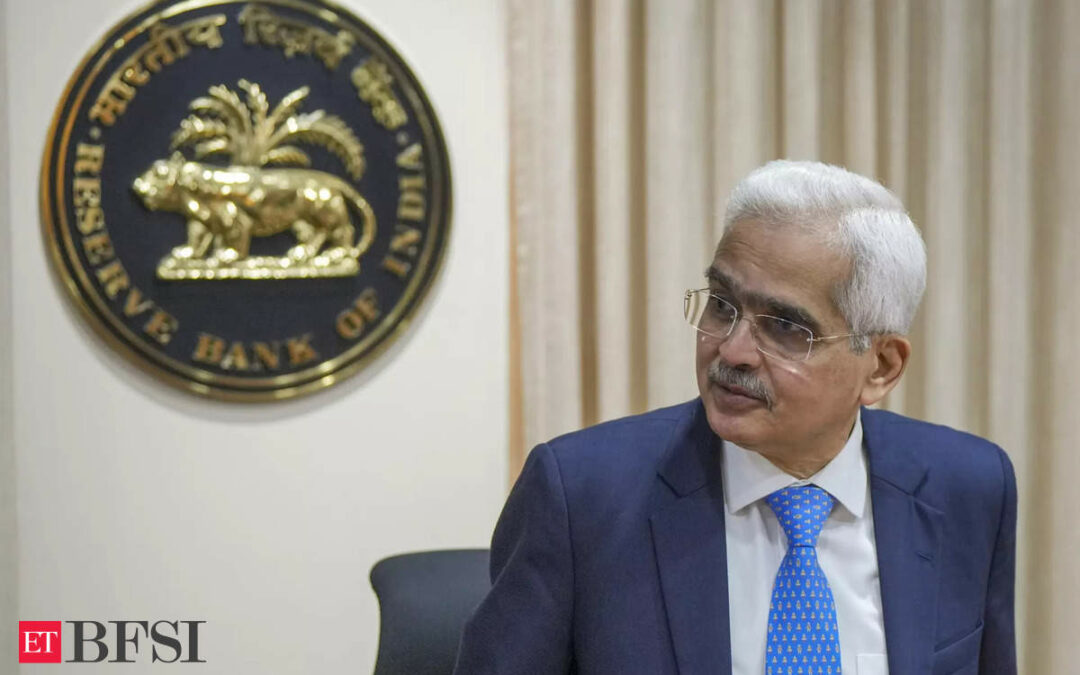The Reserve Bank of India (RBI) governor Shaktikanta Das has advised banks and financial institutions to strengthen their IT systems and disaster recovery plans. His advice comes after a major outage affecting Microsoft Windows systems, caused by a faulty CrowdStrike update, highlighting the potential for widespread chaos due to even minor technical glitches.
“Recently there was an unprecedented IT outage globally, which affected businesses in many countries. The outage demonstrated how a minor technical change, if it goes haywire, can wreak havoc on a global scale,” the governor said in a statement after the 50th meeting of the Monetary Policy Committee (MPC).
Das emphasised the need for financial institutions to be prepared for such disruptions and to minimise their impact on customers. The RBI’s directive comes in response to the growing reliance on technology in the banking sector and the increasing frequency of cyberattacks.
“It [the outage] also showed the fast-growing dependence on big-techs and third-party technology solution providers. In this background, it is necessary that banks and financial institutions build appropriate risk management frameworks in their IT, Cyber security and third-party outsourcing arrangements to maintain operational resilience,” Das highlighted.
By bolstering their IT infrastructure and implementing robust business continuity plans, banks can better protect themselves against potential threats and ensure uninterrupted services to customers, he noted.
Last month, a widespread outage impacted Microsoft services worldwide. It was revealed that about 18 million devices were hit by the disruption and people saw ‘Blue Screen of Death (BSOD)’ on their PCs. It was later revealed that the outage was caused by a software glitch in CrowdStrike’s Falcon sensor.
The cybersecurity firm’s update introduced errors that led to system crashes, disrupting businesses, air travel, healthcare and countless other operations reliant on Microsoft services. The issue has since been resolved.










